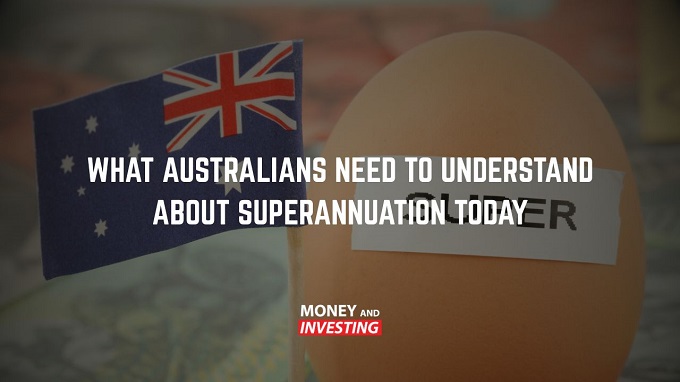What are the advantages of options trading?
For some investors, options trading is something they never truly enjoy the benefits of for multiple reasons. Most of this centres around have a lack of understanding on how to use these powerful instruments properly.
When asked the question posed above, as I have been many times, my response is simple. Imagine the stock market is a board game. Most investors are stuck playing checkers. In other words their only strategy is to try and make money by guessing correctly the direction the shares are to move in.
Massive flexibility and control
As a professional options trader, I play the board game equivalent of chess. Through a broad range of options strategies, I can manage, profit from a move up, a move down or even no move in the shares. I can generate an immediate and upfront income from my trading, I can capture an increase in market volatility or, in contrast, profit from a fall in market volatility. In short, by trading options I have an incredible amount of flexibility, control of outcome and far more opportunity than the buy and hold investor.
An alternate way of thinking of this would be playing a round of golf. It is unlikely you would have a good outcome just by using the same club on every shot. Hence just like trading options we have a bag of clubs, with the right tool for each opportunity.
Lower capital requirement
Depending on strategy, using options can require a relatively small amount if working capital as compared to other types of investment. While this can be tempting given the leverage elements offered, to really be very aggressive, in my experience taking a more sensible and conservative approach tends to deliver a better long term outcome.
For example, the lowest capital requirement strategy would be to simply buy a call or put option to trade direction. This provides a leveraged exposure to the upside, enabling double or triple digit returns on a good trade. However, tempting as this may sound, there are several factors at play which may limit your success from this strategy, one of which is time passing by!
Can you use time as a friend not a foe?
Absolutely! Trading with time as your ally is one of my preferred ways of trading in the options market. I love this because it enables me to base my trading around a guaranteed event. That is, time passing by. This element of certainty enables the trader to earn an immediate and upfront income, in a largely passive way, as time passes by, rather than fighting against it, as many options traders find themselves in that uncomfortable and likely stressful place.
Guaranteed risk management
It is not often in financial markets that the word guarantee is used. Often, it makes the lawyers run for the yellow legal pad, but in this case, it is appropriate! Using options to assist in risk management can provide a level of control over the trader’s outcome.
One example of this would be through using a put option to protect and insure the value of the shares. In other words if the share price falls, even very heavily, the option holder can sell their shares at the higher, insured level. This is massive, when it comes to the peace of mind and comfort level that so many investors seek. Yet so few actively apply this strategy, perhaps because they don’t understand it. That being so, reminds me of a terrific quote “education isn’t expensive, but ignorance is”
Alternatively, and perhaps slightly more complex, is the use of spreads to assist the trader in delivering a more certain outcome. In this instance, the risk on the trade is specific and upfront, with the outcome binary. The trade either works or doesn’t. If it works, your return is XX and if it doesn’t, the loss will by YY. Both are known upfront, enabling the trader to make an informed decision prior to entering the trade. Great, right?
Safer leverage
The use of leverage by many investors carries with it the potential for some serious downside risk. After all leverage cuts both ways, right?
By using bought options (not sold) great leveraged opportunity is provided but the risk is also capped, effectively limited to what you have paid out. Compare this to other types of leverage, say portfolio margining, foreign exchange or futures, where the potential losses can be open ended and greater than the outlay on the trade.

Comments
Post a Comment